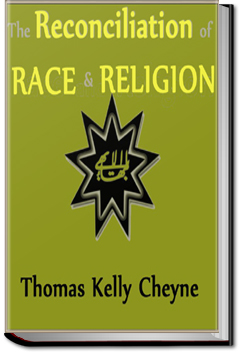

One may therefore expect that most Indian Vedantists will, on entering the Bahai Society, make known as widely as they can the beauties of the Bhagavad-Gita. I cannot myself profess that I admire the contents as much as some Western readers, but much is doubtless lost to me through my ignorance of Sanskrit. Prof. Garbe and Prof. Hopkins, however, confirm me in my view that there is often a falling off in the immediateness of the inspiration, and that many passages have been interpolated. It is important to mention this here because it is highly probable that in future the Scriptures of the various churches and sects will be honoured by being read, not less devotionally but more critically. Not the Bibles as they stand at present are revealed, but the immanent Divine Wisdom. Many things in the outward form of the Scriptures are, for us, obsolete. It devolves upon us, in the spirit of filial respect, to criticize them, and so help to clear th
Get ALL YOU CAN BOOKS absolutely FREE for 30 days. Download our FREE app and enjoy unlimited downloads of our entire library with no restrictions.
Have immediate access and unlimited downloads to over 200,000 books, courses, podcasts, and more with no restrictions.
Everything you download during your trial is yours to keep and enjoy for free, even if you cancel during the trial. Cancel Anytime. No risk. No obligations.
For just $24.99 per month, you can continue to have unlimited access to our entire library. To put that into perspective, most other services charge the same amount for just one book!

As avid readers, we understand the joy of immersing ourselves in a captivating story or getting lost in the pages of a good book. That's why we founded All You Can Books back in 2010, to create a platform where people can access an extensive library of quality content and discover new favorites.
Since our founding days, we’ve continuously added to our vast library and currently have over 200,000 titles, including ebooks, audiobooks, language learning courses, podcasts, bestseller summaries, travel books, and more! Our goal at All You Can Books is to ensure we have something for everyone.
Join our community of book lovers and explore the world of literature and beyond!